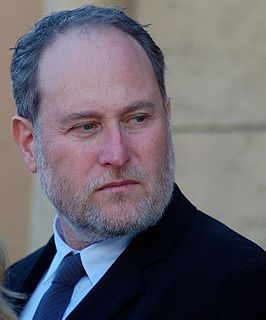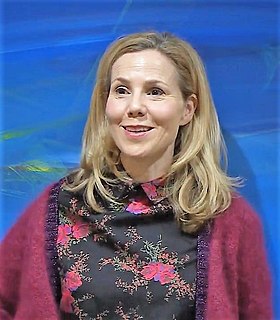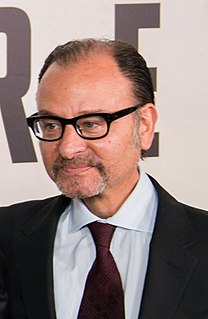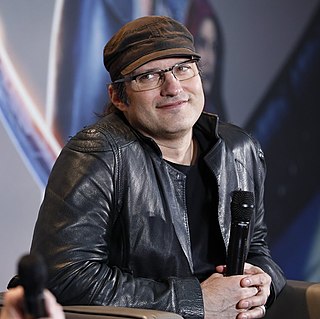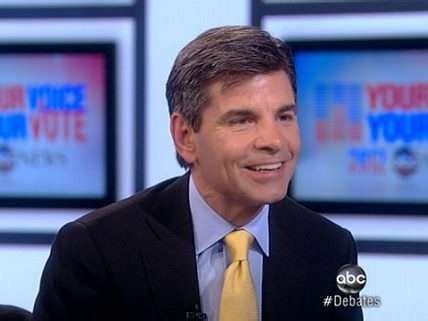A Quote by Jon Turteltaub
Related Quotes
As a writer myself, my job has very often been to also write on the job. So you get the script and a vague idea of how the scene might work, and you then add funny words or change the script. I'm not the world's best writer or the world's best actor, but I can do that thing where I can fix - or ruin - fix-slash-ruin, add quirk, add value.
I don't think fast enough on my feet in terms of the writing to change the script too much when I'm shooting it. I like to have it set and done and know that I feel good about it and I might add a few lines here and there while we're shooting, if I think of a new joke, I might toss it in, but for the most part, I try to stick to the written script and have all the latitude exist within that.
When you try to be true to the script, changes occur. A script is there to show us a certain direction. But when you actually have the actors in and you start shooting the movie, you have the actor say a line and it doesn't sound right so you change it and make it different. It's the script that gives birth to these changes and the more you try to stay true to the script, the more that happens.
